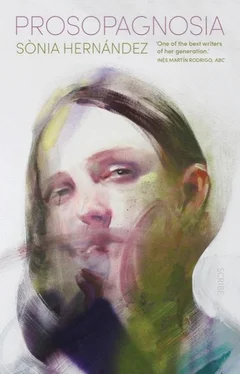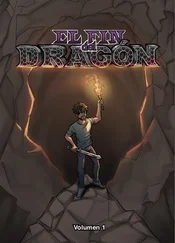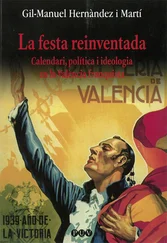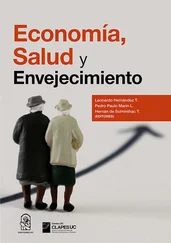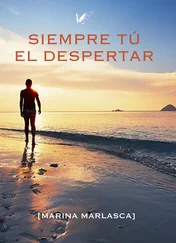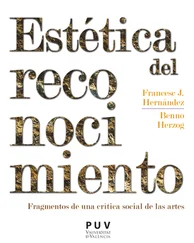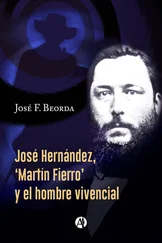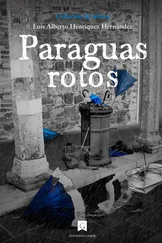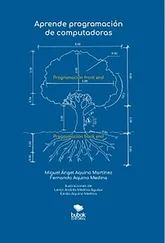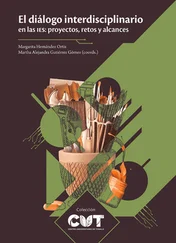‘Exile is a dramatic experience, and testimonies of it can help people understand many things.’ These words came from me, the fat, ungainly woman who could intuit the irritation coming from Vicente Rojo, the well-balanced man. That same woman looked away once more towards the painting resting against the wall, and then went on talking because a few words she had read somewhere or had heard at a conference happened to pop into her head at that moment. ‘Rootlessness is a painful state for humans.’
‘Did you say rootlessness ? Never, ever, in my whole life have I felt rootless. Let me be clear: never. I was seventeen years old when I arrived in Mexico. My life has little in common with Max Aub’s and many others. I’m a Mexican artist. Over there, I had the opportunity to work and to learn. I had the good fortune of meeting people who valued my work and helped me grow. I’ve said before that I am my work. I’m a Mexican artist. And the only way I achieved that was through great effort dedicated to painting and culture, which at the end of the day, are the only things worth any effort at all. I couldn’t tell you anything about rootlessness. What about you, do you feel rootless?’
The fat woman (me) was surprised to be rebuked like that. Without thinking about the question, she would have immediately said yes, that of course she felt rootless. She probably did. In fact, it must have been her, because I feel much more comfortable recounting that afternoon if I distance myself from the meeting between the woman and the artist, as if it really had been another woman who once again put herself at the centre of a conversation that, when I tried to transcribe it later, filled me with embarrassment. I’ve already said more than once that in the essay I write about Vicente Rojo I won’t leave a single mention of myself, but that other woman stole the limelight every time she met with him.
‘Yes, I suppose it must be something like rootlessness. I was born in this city, but I’ve never felt like I belonged here. My parents are from abroad, they came to this country shortly before I was born, and they’ve never felt at home; it’s more like they’re visiting. I believe that after so many years that if they still can’t fully understand the way people speak here, or if they still believe their home is abroad, it’s because they were never fully welcomed. I suppose I grew up in a family that was always on the cusp of going back or moving elsewhere, even though that never quite happened. That meant that I never developed strong roots either. I’ve never been able to feel strongly about the customs and traditions here. I grew up surrounded by other symbols, and the language I speak is limited and flat, the bare minimum required for any daily exchange I might have with people I come across over the course of my day. In fact, I think I still believe that any day now I might move to another country. I should do it.’
‘And will you do it?’
The fat woman blushed and felt overwhelmed, but she kept on talking, although with some doubt.
‘I don’t know. No, I don’t think so. I’ve already told you that I’ve spent my whole life with this feeling that at any moment things could change, and I would leave behind all the objects and routines of my daily life. But I guess that’s just the desire every person has to experience new things, to break the monotony and discover how others live in other places. Even Berta has told me that she’d like to go and live in Cádiz.’
‘Fernando Pessoa said you didn’t need to travel to get to know human beings. He believed that it was all in his head. One’s own experiences turn into memory, which is also a form of thinking, of relating what has happened to us and who we are. So, there’s not much distance between what we remember and what we imagine. Human beings make their most interesting journeys through thought and solitude. That’s what Pessoa used to say.’
That last statement from Vicente Rojo unsettled the fat woman. They had arrived at one of the topics that would be important to the essay that I was trying to write: solitude. My work should offer steps for the putative reader to develop their human potential in the best way possible, avoiding moral illnesses and possible contemporary evils like rootlessness or solitude. The image of the solitary creator who knows the breadth of the world because he can travel without leaving his studio didn’t match up well with another image that had come up moments ago in our conversation: the salon full of writers, painters, and journalists who seemed more cosmopolitan than exiled, as they sat around a table in a comfortable neighbourhood in Mexico. The artist kept on talking. Surprisingly, he seemed anxious to be heard, a far cry from his laconic approach in previous meetings.
‘I try to protect my solitude. It’s not easy. But it’s essential for the work. It involves a lot of sacrifice, I won’t deny that, and at times it even costs me dearly. But painting is my way of life. It’s how I arrive at my truth. Writers, like Max Aub, need to create imaginary worlds, to lie and trick readers in order to arrive at reality. I don’t believe that reality exists, but I do believe there is truth in the world. That’s why it’s so important to investigate and to work towards one’s truth, the essence of being. This is what my paintings are searching for. Although I’ve divided them into series, they’re all the same painting. I always paint the same painting; I keep going until I’ve found the truth inside it.’
While he spoke, he never loosened his tight grip on the pencil. Once again, I turned my gaze to the painting that was turned against the wall.
‘What’s more, you can only go out into the streets and confront the world once you’ve done everything you need to do alone, once you’ve learned all the movements, gestures, and breathing of your own solitude. I suppose Pessoa meant something like that. He also used to speak of the mania caused by doubt. He said that is what characterises and determines a genius. I don’t consider myself one, but the search I’m obsessed with is somewhat similar: I constantly doubt what I see, what happens, the reasons things happen. Perhaps the first thing I ever asked myself was why they took my sisters’ piano away through the window. I was seven years old, and ever since then I haven’t been able to stop asking myself why things happen. And I must insist, this is a search that can only be undertaken in solitude. I’ve known several people who have wasted all their talent and energy trying to become just like everyone else, and it has always ended badly. Groups can cause a lot of damage to individuals. We can’t expect from others the things we are unable to gain ourselves. This is something we ought to learn as small children, but it doesn’t always happen. I believe that the majority of people expect too much from others and too little from themselves. Don’t you agree with me? If people could help us to grow without needing the recognition of others, we would be more likely to acknowledge ourselves, but in the exact meaning of the term acknowledge . That is to say, we could signal our talents, strengths, imagination, needs, and what we have to offer to others. Our weaknesses too, of course, but above all, they should show us the things we are capable of, our abilities and our potential. It’s true that, during an essential stage of life, it’s important that others — parents, siblings, teachers — show us how to recognise these things. I’ve already told you that my time at school was traumatic. Maybe that’s why I never really cared what the teacher who tied my left hand behind my back on the first day of school expected from me.’
That same left hand lay idle in that very moment on his left thigh, while the right hand rested on the table where we had sat for all our meetings, gripping the pencil tightly. He continued his long speech. ‘What I’m trying to say is that Pessoa was right. We shouldn’t get carried away with things as difficult to define as the concept of “other people”. Of course, some people become necessary to us. I told you before that some of the richest moments in my life were spent at those salons on Mondays. But if I told you that we were a group of people who knew how to balance our own solitude, then I wouldn’t be far off the mark.’
Читать дальше
